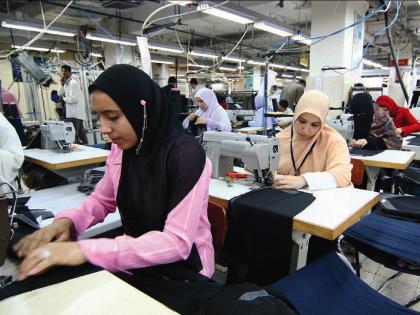The urbane Ernst "Putzi" Hanfstaengl '09 was Hitler's crony and foreign press chief during the Führer's ascendancy, and played the piano for him soothingly. He later fell out of favor and fled to the United States, where he worked against the Nazis for President Franklin D. Roosevelt '04. In Hitler's Piano Player: The Rise and Fall of Ernst Hanfstaengl, Confidant of Hitler, Ally of FDR (Carroll & Graf, $26), Peter Conradi, deputy foreign editor of the Sunday Times (London), tells of Putzi's visit to his twenty-fifth Harvard reunion in 1934. He offered $1,000 to create a traveling fellowship to Germany, but Harvard wanted none of it. Two thousand protesters gathered in Harvard Square on Commencement day, some handing out leaflets that read "Give Hanfstaengl a degree, Master of Torture, drive out the Nazi butcher...."
That Wednesday came the climax of his trip, the Harvard parade. After several days of rain, the weather was warm and dry. The celebrations began at noon, when the seniors in their graduating caps and gowns and the alumni in their picturesque costumes gathered for lunch in the various houses of the university. Then...the chief alumni marshal led the parade from the houses across Larz Anderson Bridge to the ivy-covered football stadium for the traditional confetti battle. It soon became clear that thanks to the huge publicity that accompanied his decision to participate, Putzi was to be the center of attention.
Leading the parade were the last few survivors of the classes of 1869, 1873, and 1878, tottering their way unsteadily forward. Then came the class of 1914, in white pants, orange polo shirts, and black caps; and those of 1919, wearing white pants, fancy blue tunics, and blue-and-white caps in the form of eagles. A group of them held aloft a placard that read:
1919
For Class President
Max Hanfstangel
For Class Vice President
Adolph Keezar
Just how amusing Max Keezar [sic], a popular Jewish merchant on Harvard Square, found this juxtaposition of the names was not clear.
There was worse to come: next into the stadium were the class of '24. Dressed in Bavarian peasant costume, complete with lederhosen, long socks, and dark green hats with feathers, they goose-stepped their way around the stadium, their right hands stretched out in Nazi salutes. Behind them they dragged a huge beer truck, labeled Harvard Beer and Ale, from which they dispensed beer all afternoon.
|
Then came the class of '09....Most of the Naughty Niners were wearing straw hats, dark coats, and white trousers. Putzi eschewed the class uniform in favor of dark soft hat, blue coat, and brown trousers. In his button hole was a red carnation. There was no goose-stepping or Nazi salutes for Putzi's class, although Putzi himself gave a few such salutes to friends he spotted....
After all the speeches were done, the seniors, alumni, and guests all rose to sing "Fair Harvard." Then, as the last strains faded out, the sky was suddenly full of multicolored streamers and tiny pieces of paper. The annual confetti battle raged for a full 15 minutes....
...The New York Times published a letter...claiming that Putzi's presence made a mockery of the university's liberal traditions: "Can any liberal accept and defend a man whose fundamental activity consists in organizing, abetting and defending persecution and violence applied in Germany and to be applied in the United States when the day comes?"....







